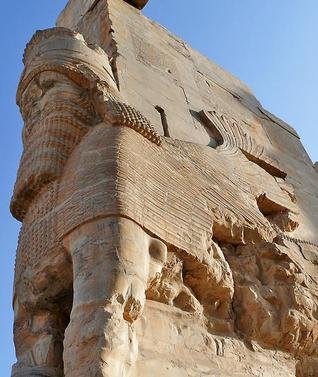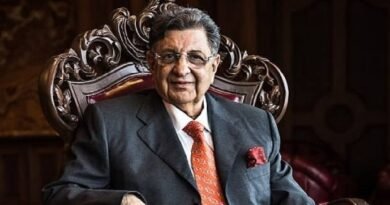Echoes of History

City physician and history aficionado Dr. Farokh Udwadia recalls the power and glory of the Achaemenid Empire
For more than one hundred summers, the Cama Institute has been the go-to venue for aficionados of the religion, culture and history of the East, offering a blend of lectures, classes and seminars from a range of Indian and international academics.
This week’s star was Dr. Farokh Udwadia, a distinguished physician with a yen for history. His lecture yesterday addressed the rise and fall of the Achaemenid Empire, a subject that is endlessly fascinating to Parsis.
The Persian Empire was one of the largest and most magnificent of the Classical Age, spanning Egypt and Central Asia, going all the way to the Indus region.
The mightiest among these was the Achaemenid Empire; Parsi boys are still named after the three powerful kings of the time: Cyrus, Darius and Xerxes. The Achaemenid Empire ruled for 200 years, crushing all opposition. It was a time of relative peace and prosperity; trade was extensive and the court was rich. Most remarkable of all, the kings united the ancient warring kingdoms of the Nile, Mesopotamia and Indus with the Iranian Plateau and Anatolia under the same peaceful, political system.
“Indeed, it was a great empire,” says Dr. Udwadia, “Very well organised. One is particularly impressed with the Achaemenid kings, especially Cyrus and Darius.”
Darius the Great is considered by many to be the founder of the system that is the basis of state administration in the world, even today. He perfected the provincial system, reformed taxation and overhauled the military.
Of particular relevance to the world today is the fact that the Achaemenid rulers have long been held to have practised a policy of religious tolerance, whether for idyllic religious conviction or political expediency. According to Dr Udwadia, “The Zoroastrian religion had not really crystallised at that time. The Achaemenid kings considered Ahura Mazda as their main God, but allowed their subjects to follow any other belief.”
Alexander’s long, hard fight to destroy the Persians was testament to the empire’s extraordinary solidarity and its greatness. And it left echoes all through history. Naturally, they have a special meaning for the Parsis, who claim descent from the Persians.
At his talk on Wedneday, Dr. Udwadia also released the book Firdawsii Millennium Indicum: Proceedings Of The Shahnama, edited by Sunil Sharma and Burzine Waghmar. Sharma is Professor of Persian and Indian Literatures of Boston University’s Department of Modern Languages and Comparative Literature, while Waghmar is Senior Library Assistant and member of the Centre for Iranian Studies, South Asia Institute and London Middle East Institute at SOAS (School of Oriental and African Studies), London.





